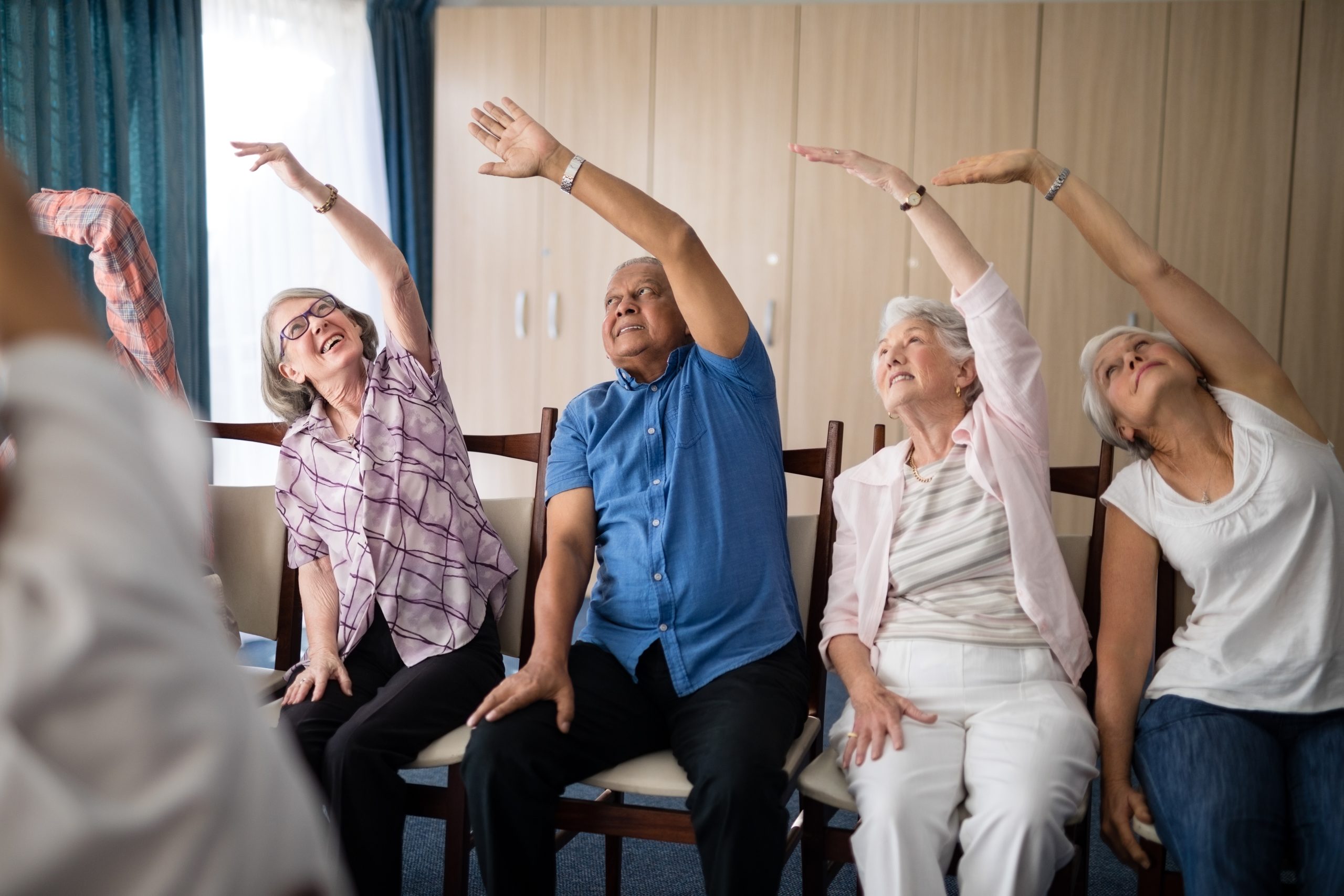
Falls Prevention Week: Keep Yourself Safe From Falls
Every 11 seconds, an older adult is admitted to the hospital for a fall-related injury. As we age, it is common to feel unsteady or start to have a fear of falling. Falls can rob older adults of their quality of life and independence. But falls are not inevitable, there are many things you can do to reduce your risk of falls.
Find a good balance and exercise program to build balance, strength, and flexibility.
- Contact your local area on aging for references, join a senior center program, or look online for virtual balance or exercise programs.
- Senior Services of Southeastern Virginia offers wellness programs like A Matter of Balance or Bingocize®, which can teach you how to reduce falls.
Talk to your healthcare provider and ask for a fall risk assessment. Be sure to share any history of recent falls.
- Before your appointment, create a list of health topics you want to discuss with your doctor so that you will not forget anything.
- If you have a history of unbalance or falling, ask your doctor if you would benefit from seeing other specialists like physical therapists or occupational therapists who can help improve balance, strength, nutrition, and more to reduce your risk of falls.
- Bring a notepad and pen to write down any important information your doctor shares with you. If you do not understand something, don’t be afraid to ask for clarification.
Regularly review your medications with your doctor or pharmacist.
- Take your prescriptions only as prescribed. Do NOT skip doses, take multiple doses, or any medications not prescribed to you.
- Keep an updated list of all your medications including prescriptions, over-the-counter medication, herbal supplements, vitamins, and minerals.
- Review your medication list with your doctor or pharmacist if a new medication is added, your health changes, or it’s your yearly check-up.
- Report any side effects that make you dizzy, woozy, sleepy during the day, confused, increase urination, or affect movement.
- Try sticking to one pharmacy as the pharmacist tracks all the medications you are taking. They can contact your doctor if they see an interaction risk.
Get your vision and hearing checked annually.
- Get a yearly eye exam to update your glasses and detect eye diseases like cataracts or glaucoma. Early detection and treatment can prevent vision loss and falls.
- Wear your glasses as prescribed. If you wear bifocals, tuck your chin in when stepping over curbs and on stairs to look through the distance portion, which provides a clearer view.
- Get your hearing checked yearly and receive treatment if hearing loss is identified.
Keep your home safe from tripping hazards.
- Clear walkways of throw rugs, cords, or clutter. Rearrange furniture for a safer path.
- Light it up! Use bright, non-glare bulbs to help you see. Place nightlights in the bedroom, bathroom, and hallways to help you navigate the dark and find the light switch.
- Use a chair and get dressed or put on your shoes while sitting down.
- Use a shower seat, install a grab bar and an adjustable handheld showerhead to make bathing easier.
- Keep frequently used items between waist and shoulder height to make them easier to access without the need for a stepstool or over-extension.
Talk to family members about your fear of falling.
- Have a one-on-one conversation with a trusted friend or family member about your fall concerns. Be specific about your concerns, as they may be able to help you find solutions.
- Update your friends or family regularly about upcoming medical appointments, your medications, and if you have a history of falling.
- If your needs change, be sure to let your friends or family know what you need to feel safe from falling.
To learn more about falls prevention, visit ncoa.org/FallsPrevention
If you are interested in joining a wellness program offered by Senior Services, call 757-963-9209 for more information on upcoming classes.







